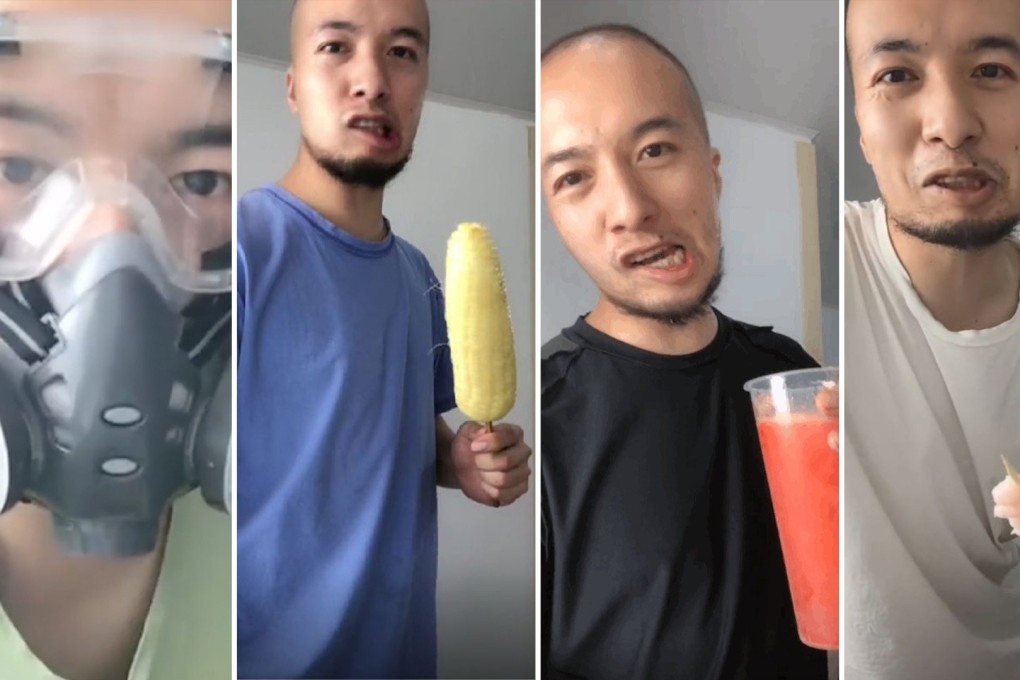This man is one of China’s most outspoken food influencers with millions of fans – he exposes synthetic products like fake steak and milk tea without dairy
- A food influencer in China is causing controversy with videos showing how the quality of manufactured foods are diluted with additives to cut costs
- In one popular video he showed a method of making jelly using pigment powder, water and a seaweed extract but without any fruit

A Chinese food influencer has drawn millions of fans with his synthetic creations showing how China’s food industry cuts corners to lower costs, but critics say he is scaring people and tarnishing the whole sector.
Xin Jifei from Liaoning in northeastern China has 8.3 million Douyin followers of his videos that show how food manufacturers use additives and synthetic materials to boost profits and cut costs while lowering quality, Jiupai News reported.
For example, in one video he demonstrates how to make fake jelly using edible flavouring, powder dye, water and the seaweed extract carrageenan but without adding any fruit.
In another clip, Xin makes a type of inexpensive sausage commonly sold at street food stalls. He mixes flour, starch, oil, spice powder, dye and carrageenan but no meat.
He also showed a process for making beef steaks from chopped-up pieces of beef and a chemical agent that makes the meat stick together and resemble actual whole steaks.
“You told me you bought a steak for only 5 yuan (69 US cents). You think you have profited at other people’s expense? You don’t know it’s full of hi-tech additives,” said Xin in the video.